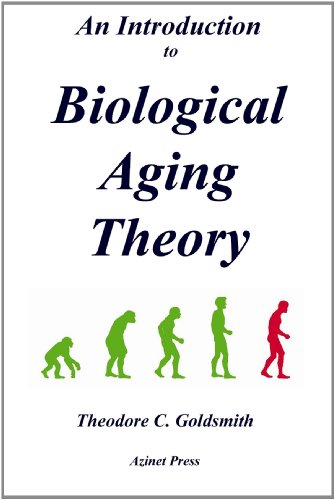
An Introduction to Biological Aging Theory
by Theodore C. Goldsmith
Publisher: Azinet Press 2011
ISBN/ASIN: B004L62CEQ
Number of pages: 33
Description:
This short book provides an overview of biological aging theories including history, current status, major scientific controversies, and implications for the future of medicine. Major topics include: human mortality as a function of age, aging mechanisms and processes, the programmed vs. non-programmed aging controversy, empirical evidence on aging, and the feasibility of anti-aging and regenerative medicine.
Download or read it online for free here:
Download link
(470KB, PDF)
Similar books
 Practical Biology
Practical Biologyby W. M. Smallwood - Allyn and Bacon
Practical Biology offers a simple, workable, attractive, flexible, and teachable course in Biology. Simplicity is a feature of the book. The language is simple, not technical, and the style is easy, flowing, and colloquial.
(21925 views)
 Introduction to Cancer Biology
Introduction to Cancer Biologyby Momna Hejmadi - BookBoon
A short primer on how cancers develop and grow, and a gentle exploration of the fundamental concepts, using examples and key figures for illustration. The book explains six basic principles that inform our current understanding of cancer.
(26008 views)
 Biology: Answering the Big Questions of Life
Biology: Answering the Big Questions of Lifeby Rosalyn Hunter - Wikibooks
This material is based on lectures that the author presented to students in introductory college Biology courses presented at Navarro Community College. The author has tried to make this book easily readable and browseable by anyone interested.
(11375 views)
 Bone Wars: The Excavation Of Andrew Carnegie's Dinosaur
Bone Wars: The Excavation Of Andrew Carnegie's Dinosaurby Tom Rea - University of Pittsburgh Press
Bone Wars presents a cultural history of the early years of paleontology at the turn of the last century. With the help of contemporary newspaper stories, Tom Rea re-creates a remarkable story of hubris, hope, and late Victorian science.
(7265 views)